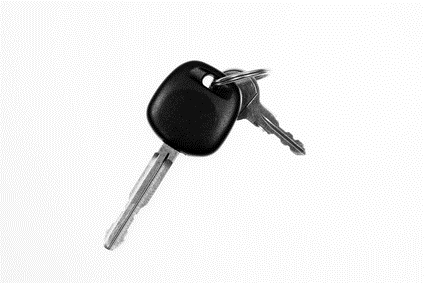
There is no feeling a driver dreads more than turning the ignition key on in the morning and hearing a cough, a sputter and silence. If your Dodge Ram diesel truck is refusing to start properly, you can troubleshoot it thoroughly in your own driveway without going through the hassle of towing it to a mechanic. You may need some specialized tools to aid with your diagnosis, and you will need some knowledge of your Ram's fuel system. You should be able to complete troubleshooting your Dodge Ram diesel within a couple of hours.
Make sure your Ram has enough gas in the tank. The weather can affect your truck; if the temperature is under 20 degrees, you may have to take it to a warm environment, like an auto shop, before it will start properly. Oil refineries change their diesel gasoline with the seasons; if you are using summer diesel gasoline in a cold climate, it could be adversely affecting your Ram.
Make sure that gasoline is reaching the fuel filter by taking out the inlet hose and starting up your Ram. If gas comes out of this line, the fuel pump may be damaged. Drop the fuel tank down and clean out the fuel filter. Inspect the fuel pump and make sure it's running properly.
Check the glow plugs with an amp meter to see if they are receiving enough energy. Take out a glow plug and fire up the engine; if no fuel vapors come through the hole, then the injector pump is not drawing in fuel. If fuel vapors come through all of the glow plugs, the fuel is likely contaminated and will need to be flushed out of the system.
Inspect the fuel return line if the injector is not properly drawing in gasoline. If you see any black particles in the fuel return line, the governor weight retainer ring is corroded and falling apart. If the fuel return line is clear, make sure gasoline is reaching the injector pump. Check the injector pump by disconnecting the fuel line from the injector's fuel filter. If gasoline does not spray out of the fuel line, the filter is clogged and will need to be replaced.
Check the fuel solenoid of your Ram. It may not be receiving enough power. Take the pink wire off the top of the injection pump and start the ignition. Quickly touch the pink wire to the injection pump. You should hear a clicking sound. If you do not hear a clicking sound, the injection pump is probably damaged and should be repaired or replaced.
Test your Ram's alternator and battery if your truck's engine is turning over but not fully starting, or if the engine is quitting while running. While diesel engines do not need a spark plug to ignite gasoline, they do need a lot of electricity to run the glow plugs and injection pump. Your Ram may have just enough juice left in its battery to crank up the engine but not enough for ignition.
Check all of the fuel lines carefully to see if there are any loose connections or damage to the fuel hoses. This may be causing air to seep into the fuel lines. After repairing damaged fuel lines, you can run the engine to "bleed" excess air from the fuel lines. Inspect the injection pump, compression and injector nozzles if your Ram is an older model, as all of these components will at some point need replacing.
Inspect the injector timing if your Dodge has been sputtering and balking before failing to start. You can check the injector timing by making sure the timing marks are aligned or by using a timing meter.